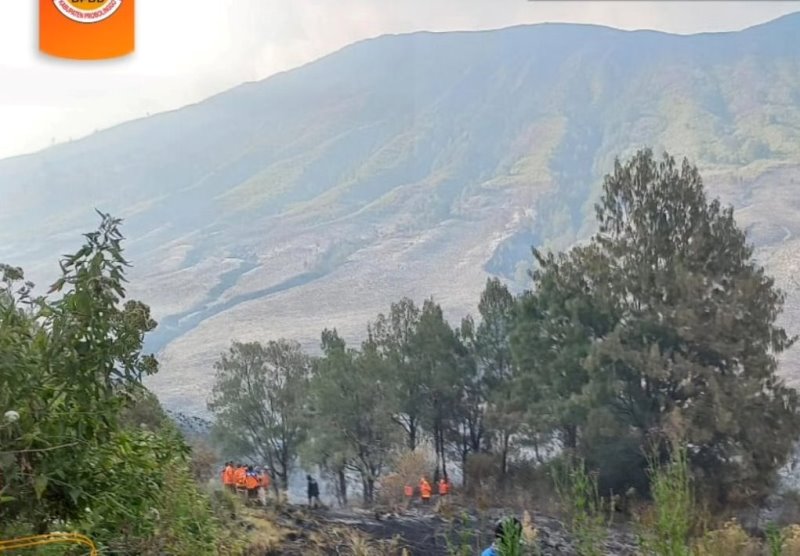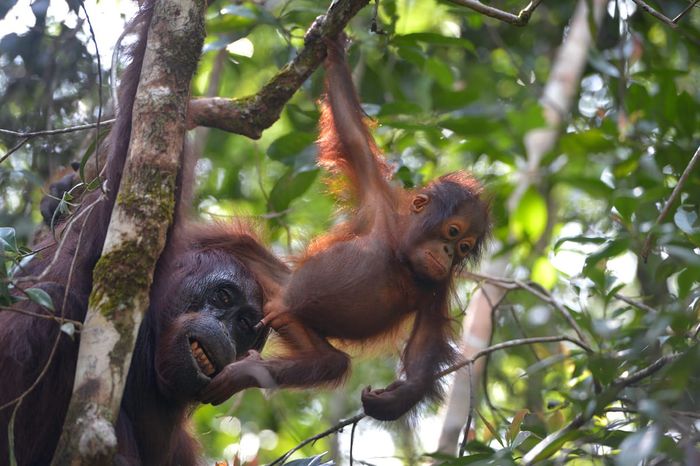The Belantara Foundation Works With the Community in Preventing Human and Wildlife Conflict
The conflict between humans and wildlife has now become an unavoidable problem. It is now a major challenge for the preservation of many species and threatens the lives of people around the forest areas.
The human-wildlife conflicts often occur from the transformation of wildlife habitats into gardens and settlements. The shift of the forests' functions diminishes the wildlife roaming area. Also, the exploitation of wildlife in its habitats reduces the availability of food availability for large mammals such as tigers. The increasingly diminishing wildlife habitat and reduced natural food supply, make them roam outside the conservation area to look for food sources.
The encroachment of its habitat has become several causes for the continuing human-wildlife conflicts. Many people have become casualties because of this conflict, and are deliberately ensnaring wildlife to protect their plantations or territories. Because of this, wild animals that should be protected are increasingly threatened with extinction.
Seeing this, the Belantara Foundation actively supports the government in efforts to prevent human-wildlife conflicts, especially the elephants and Sumatran tigers in the grant areas of Giam Siak Kecil Bukit Batu (GSK-BB) and Senepis, Riau province. For this, we've created a program called Animal-Friendly Village. With the support of stakeholders, we strive to find joint solutions and actions to resolve this conflict.
Together with local partners, we are running a conservation program through protection activities where community involvement is fundamental as the Foundation believes that the community will continue to carry out this activity. The Belantara Foundation have initiated consensus-building with various stakeholders to support the Animal-Friendly Villages Program.
The Belantara Foundation have also form patrol groups where the community is directly involved in handling and observing the presence of wild animals. Also, we've carried out conflict mitigation training by teaching the communities on how to deal with wildlife conflict in ways that do not harm humans and wildlife. Patrol groups are shown how to create barriers and are supported with SMART-Patrol training, an application to help conservation areas.
With this program, we hope that the community will ultimately be able to anticipate and prevent conflicts between humans and protected wildlife independently so that the community can coexist with wildlife.













